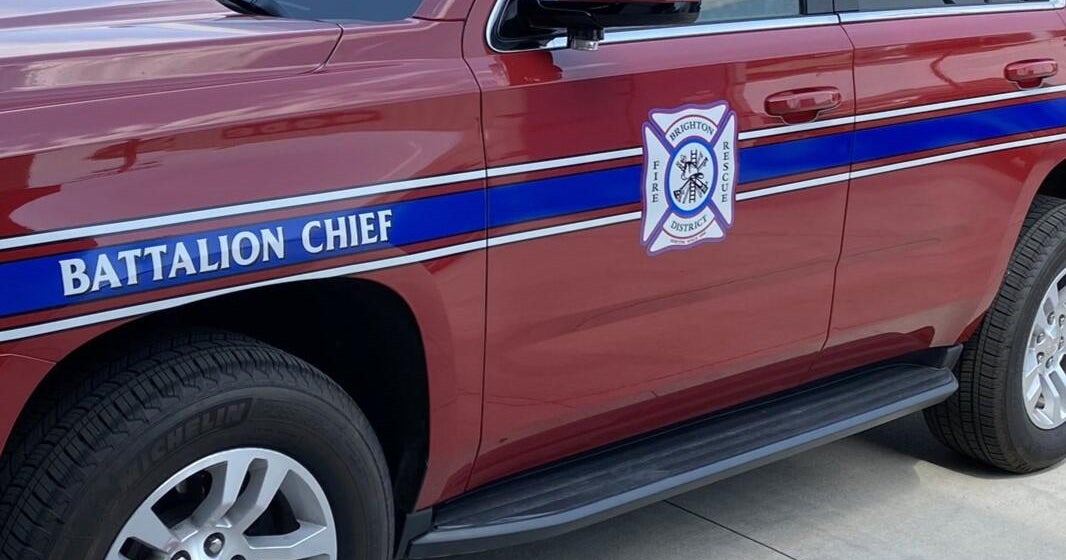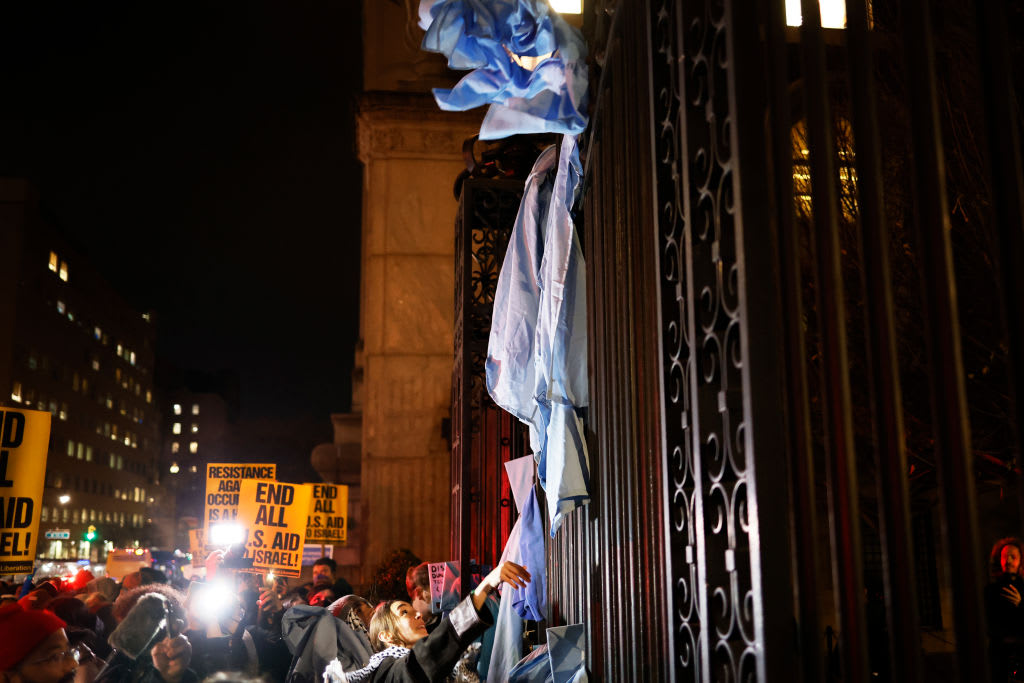Norfolk Southern gives some workers paid sick days after crash
Norfolk Southern will give some workers paid sick days, bowing to union pressure following the derailment of one of its trains earlier this month.
The agreement, which the company announced Wednesday, provides sick time to roughly 3,000 unionized track maintenance workers. The deal allows employees to take four paid sick days a year and removes a stipulation in worker contracts that required them to give their supervisors 48-hour notice before taking personal days.
"Norfolk Southern's success is built upon the incredible work our craft railroaders perform every day, and we are committed to improving their quality of life in partnership with our union leaders," said Norfolk Southern CEO Alan Shaw in a statement announcing the deal.
The company is also considering offering paid sick days to other unionized workers.
The agreement comes as Norfolk Southern contends with the fallout from the derailment of one of its freight trains in East Palestine, Ohio, which released toxic chemicals into the surrounding air and water, raising health concerns within affected communities.
The company pledged $6.5 million in compensation and financial assistance for local residents following the crash, and it is complying with orders from the Environmental Protection Agency to pay for the cleanup.
Those costs are a pittance compared with the money Norfolk Southern recently lavished on shareholders, critics say. Over the last five years, the rail operator has spent nearly $18 billion on dividends and share repurchases, or more than 2,500 times the funds it has pledged to the community affected by its freight train derailment.
U.S. Secretary of Transportation Pete Buttigieg sent a letter on Sunday to Norfolk Southern's CEO demanding the company make a serious financial commitment to clean up toxic waste resulting from the crash and to invest in preventive safety measures.
"Norfolk Southern must live up to its commitment to make residents whole — and must also live up to its obligation to do whatever it takes to stop putting communities such as East Palestine at risk," he wrote. "This is the right time for Norfolk Southern to take a leadership position within the rail industry, shifting to a posture that focuses on supporting, not thwarting, efforts to raise the standard of U.S. rail safety regulation."
Help wanted
Norfolk Southern has struggled to operate in recent years with a pared-down workforce, the result of sweeping pandemic-era layoffs, according to Shaw. The company is still looking to fill jobs at nearly all of its 95 locations.
At the time of the derailment, two Norfolk Southern rail workers and one trainee were operating a train with more than 100 cars. Under Federal Railroad Administration rules, a freight train must have a minimum of two crew members.
Norfolk Southern is the third major rail industry company to grant its employees sick days following the crash, marking an about-face in the industry. As recently as last year, Norfolk Southern and several other major freight rail companies rejected union calls for more paid sick days.
Granting union members seven sick days a year would cost all the major railroads $321 million annually, railroad union members have argued. Prior to the pandemic, railroads were the U.S.'s most profitable industry, with a 50% profit margin, according to research from business advising firm Comparisun.



